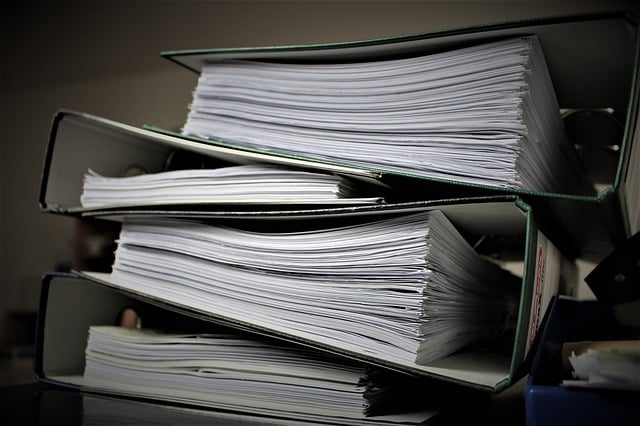In The News: Disclosure Laws Change To Give Defendants A Fighting Chance

In The News: Disclosure Laws Change To Give Defendants A Fighting Chance
Spend a few hours listening to the hit podcast Undisclosed and you’ll hear some jaw-dropping stories. Many of them revolve around prosecutorial misconduct which leads to wrongful conviction.
As the name might imply, much of the misconduct revolves around evidence which never quite makes it to the defense.
New York has one of the highest wrongful conviction rates in the United States. Until recently, disclosure laws which favored prosecutors made it easy to put almost anyone away.
See also: What Do I Need to Do Before My First NYC Court Date?
Page Contents
The Old Law
Under the old law, prosecutors could conceal the strength of their case. They had no obligation to turn over any evidence before a plea bargain.
This blindfolded defendants and their attorney. Take the plea? Or take a gamble? It was impossible to give solid advice either way. While we’ve always maintained plea bargaining should never be a defense lawyer’s go-to strategy, there are times when it’s appropriate.
Under the supreme court case Brady vs. Maryland prosecutors must disclose exculpatory evidence. But the law never set any deadlines. And it’s been easy for prosecutors to point out they’d have to, in some cases, be psychic to know what would and wouldn’t be exculpatory after the fact.
See also: What Happens Between Arrest and a New York Criminal Trial?
The Results
Under the old law, up to 98% of criminal cases were resolved via plea bargain. Many of them took the deal at arraignment.
The cases that went to trial were wide open for shenanigans.
“In one…case, prosecutors withheld a receipt showing a man was on vacation in Florida at the time of a murder he was convicted of in Brooklyn. In another, prosectuors said a witness had testified of his own free will, when in fact he had been arrested, held in a hotel room overnight, and threatened with jail time before ultimately agreeing to appear in court as the state’s single eye witness in a murder trial. In that case, prosecutors kept from the defense a ‘material witness order’, a powerful legal document signed by a judge and used as a last resort to compel a reluctant witness to testify.”Pro Publica
Moves like these made it hard even for good defense attorneys to put together a solid case. Much relied on the relationship between the defense attorney and prosecutors. People who knew how to play the game and who knew the people involved had a better shot at receiving discovery materials in a timely fashion.
And prosecutors who engaged in misconduct like this were rarely disciplined, not even by the Bar.
See also: The Pros & Cons of Plea Bargains.
The New Law
Prosecutors must now share all their evidence with defense attorneys within 15 days of the arraignment. The new law eliminates confusion about what must and must not be turned over to the defense.
Hopefully this move eliminates confusion and levels the playing field, creating a system that is more just and fair.
We will be taking full advantage of the changes to build even better cases for our clients.

